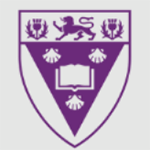Detailed introduction of Rhodes University in South Africa:
Introduction: Rhodes University is a research university in the Eastern Cape Province of South Africa. It is known for its small size and high-quality education. It enjoys a certain academic reputation internationally and provides students with a good learning and living environment.
History and establishment time: In 1904, Rhodes University College was established under an act of Parliament, funded by the Rhodes Trust Fund, and named after Cecil Rhodes. In 1918, it became a constituent college of the University of South Africa. In 1951, Rhodes University officially became independent.
Institutional nature: public university.
Educational philosophy: committed to cultivating knowledgeable intellectuals, skilled professionals, and critical, caring and compassionate citizens, and contributing to economic and social development and a fair, just and democratic society.
School strength: The student population is about 8,200, of which 30% are postgraduates and more than 18% are international students from 54 countries. The teacher-student ratio is good, ranking among the best in South African universities, and students can receive close guidance from teachers. The school has a high undergraduate pass rate, graduation rate and graduate success rate, and the research output of each academic staff is also outstanding.
Key subjects: Law, pharmacy, performance, and art are ranked high internationally, and the computer major is the best in South Africa.
Faculty: It is divided into six major departments: business, education, humanities, law, pharmacy, and natural sciences.
Ranking: 951st in QS ranking in 2025, 953rd in US News ranking in 2025.
Cost: Bachelor's degree is about US$2,600-4,000/year; Master's degree is about US$2,000/year; MBA is US$3,000/year. The registration fee is US$50 before September 30 each year and US$100 after September 30.
Campus environment: Located in Makanda, surrounded by hills and historical buildings, it is located at the intersection of four different climate zones, making it an ideal place for research in biology, geography, geology and other fields. There are 4 museums, multiple libraries, and a total of 36 student accommodation areas on campus. Every 3-7 accommodation areas have a student restaurant, sports fields and recreational facilities.
-
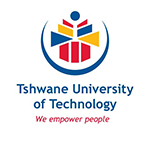
Tshwane University of Technology
-
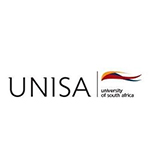
University of South Africa
-

Vaal University of Technology
-

North-West University
-
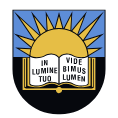
University of Fort Hare
-
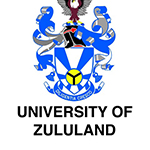
University of Zululand
-
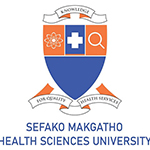
Sefako Makgatho Health Sciences University
-

Mangosuthu University of Technology
-

Stellenbosch University
-

Auckland Park Theological Seminary
-

Mesoamerican University
-

Istmo University
-

Mariano Galvez University of Guatemala
-

Regional University of Guatemala
-

Galileo University
-

Francisco Marroquín University
-

Rafael Landívar University
-

University of the Valley of Guatemala
-

University of San Carlos of Guatemala
-

Technological Institute of Tlaxcala Plateau
-

Golfo University
-

Technological University of South Sonora
-

Technological University of Huejotzingo
-

Tizimín Institute of Technology
-

Chilpancingo Institute of Technology

